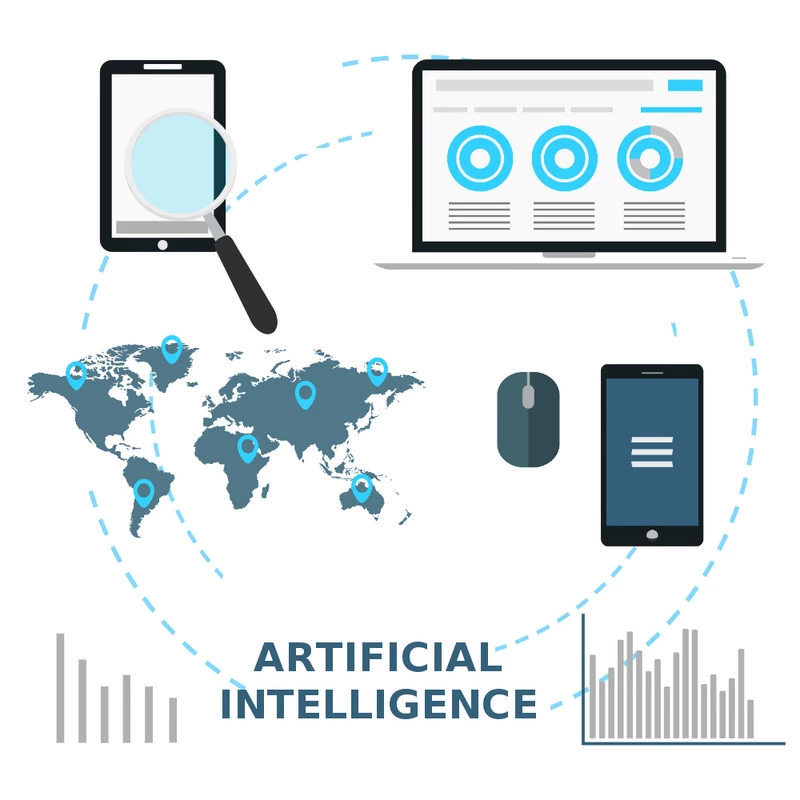
AI Revolutionizing Manufacturing: Accelerating Operations
No one can deny the transformative power of artificial intelligence (AI). It is ubiquitous, present in our phones, offices, and homes. As AI continues to advance rapidly, it is becoming increasingly integrated into business functions. However, the implications of AI in manufacturing operations are raising concerns, particularly regarding data intensiveness, use cases, and whether the benefits outweigh the associated costs.
While AI holds great promise, it also has limitations that require significant effort to overcome. Simultaneously, AI is a dynamic field that continually offers new opportunities. Before delving into the benefits and costs of AI in manufacturing operations, it’s essential to understand its use cases.
How is AI Pivotal in Shaping the Future of Manufacturing Operations?
The pace of change is accelerating, and AI is helping manufacturing operations not only keep up but also stay ahead.
Beyond these use cases, AI adoption presents a vast array of opportunities in manufacturing operations—ranging from workforce planning and procurement to logistics and store management. The applications depend on various factors, including the type and nature of the industry, the maturity of operations, the product life cycle, and more.
AI’s application to business problems spans nearly every economic sector. However, when AI is employed to overcome real-world challenges, its limitations can sometimes deter leaders from reinvesting, potentially giving competitors an edge. So, how much AI should be used in business functions? How does one determine the point at which costs outweigh benefits?
Businesses need to evaluate AI applications using an impact vs. cost matrix, focusing on areas where returns on investment are higher.
In manufacturing operations, AI power has been particularly beneficial in improving key operational metrics, such as reducing the cost of poor quality (COPQ), enhancing overall equipment effectiveness, and shortening order-to-delivery lead times.
However, organizations need foundational elements in place to leverage AI effectively, starting with the concept of “measuring what matters.” Collecting granular data, often overlooked in daily operations, is crucial for effective baseline assessments and understanding current performance.
To achieve the best outcomes, it is essential to ensure high-quality, timely, and accurate data collection, along with investing in automation for real-time benefits.
AI applications are continually evolving, and manufacturing organizations will require new skill sets in both operational and managerial roles. Strong program management and governance mechanisms are necessary to ensure progress, and organizations must invest in robust change management initiatives to sustain this transformation.
The potential of AI is immense, and its presence is undeniable. Successful companies will be those that understand the prerequisites and direct their AI efforts where they matter most. With experts and researchers working to solve AI’s complex problems, it is time to grasp AI’s capabilities, enabling your organization to learn, exploit, and unlock new possibilities.
Categories: